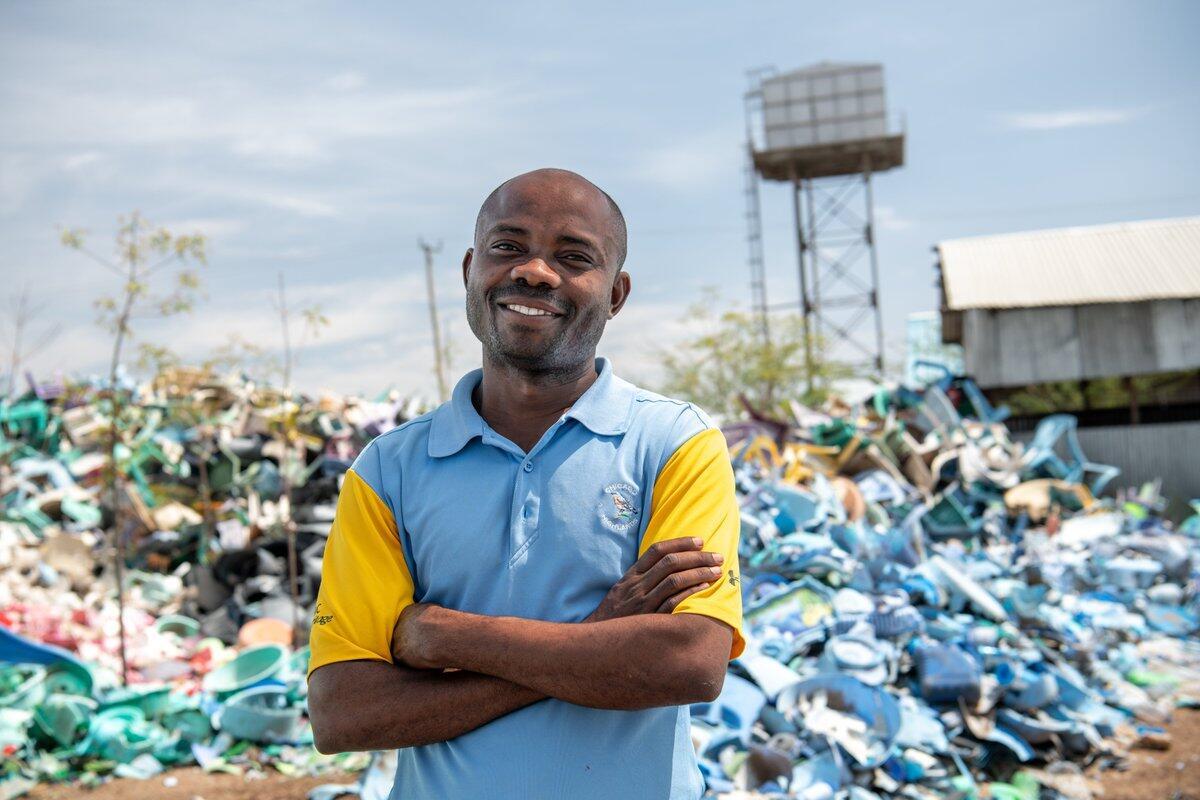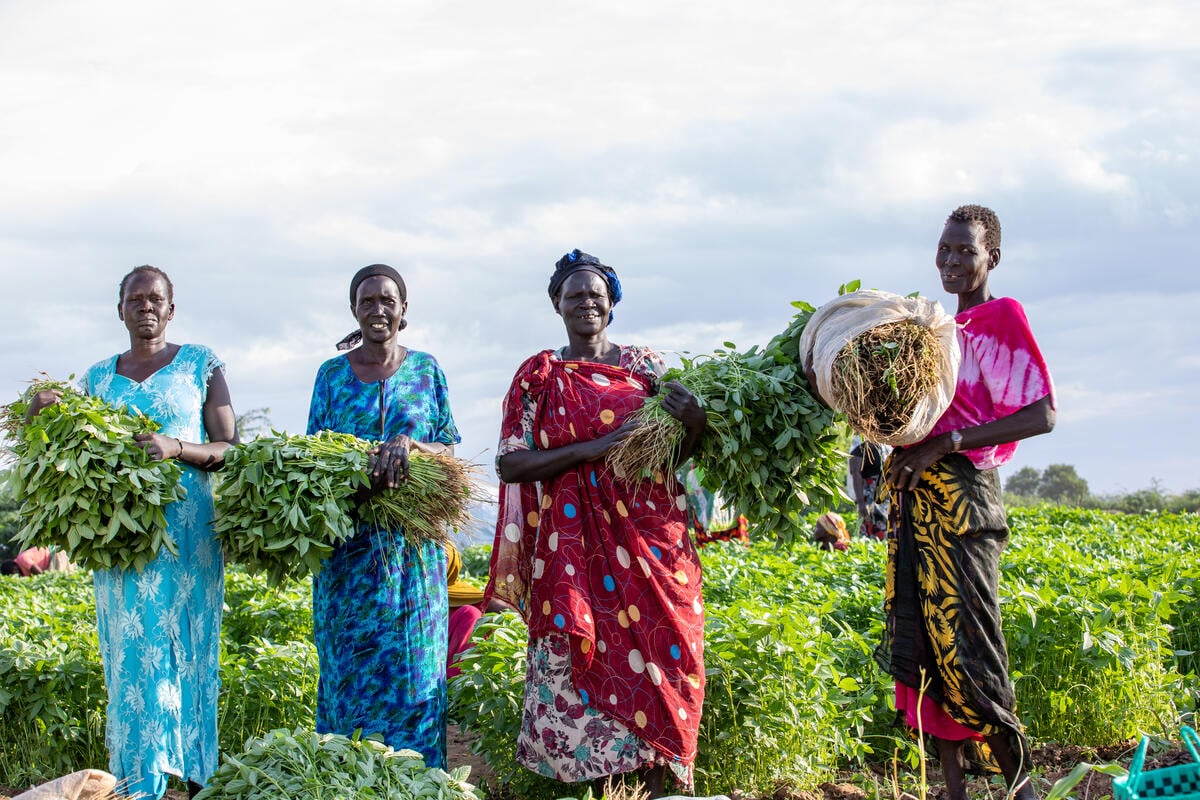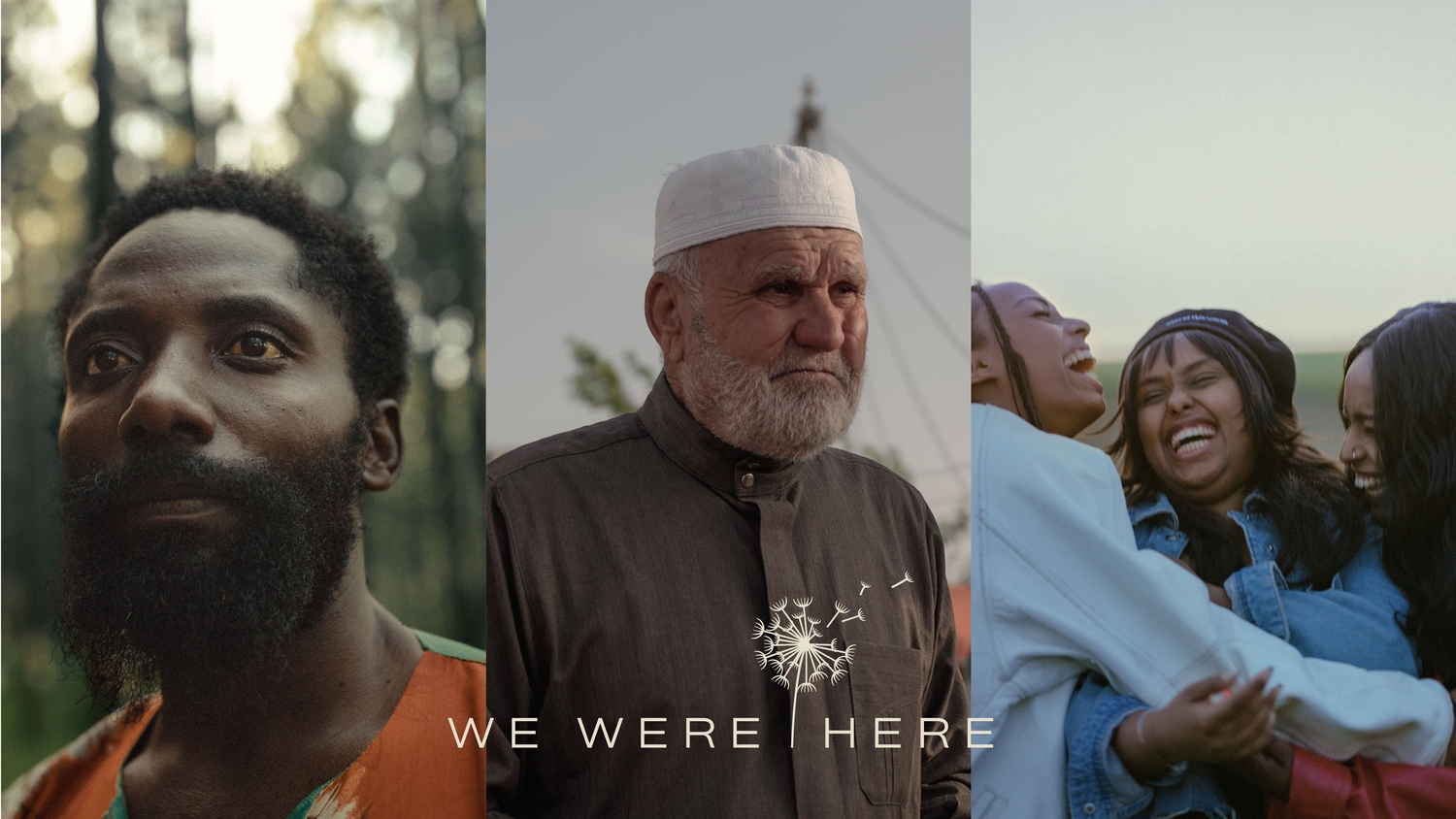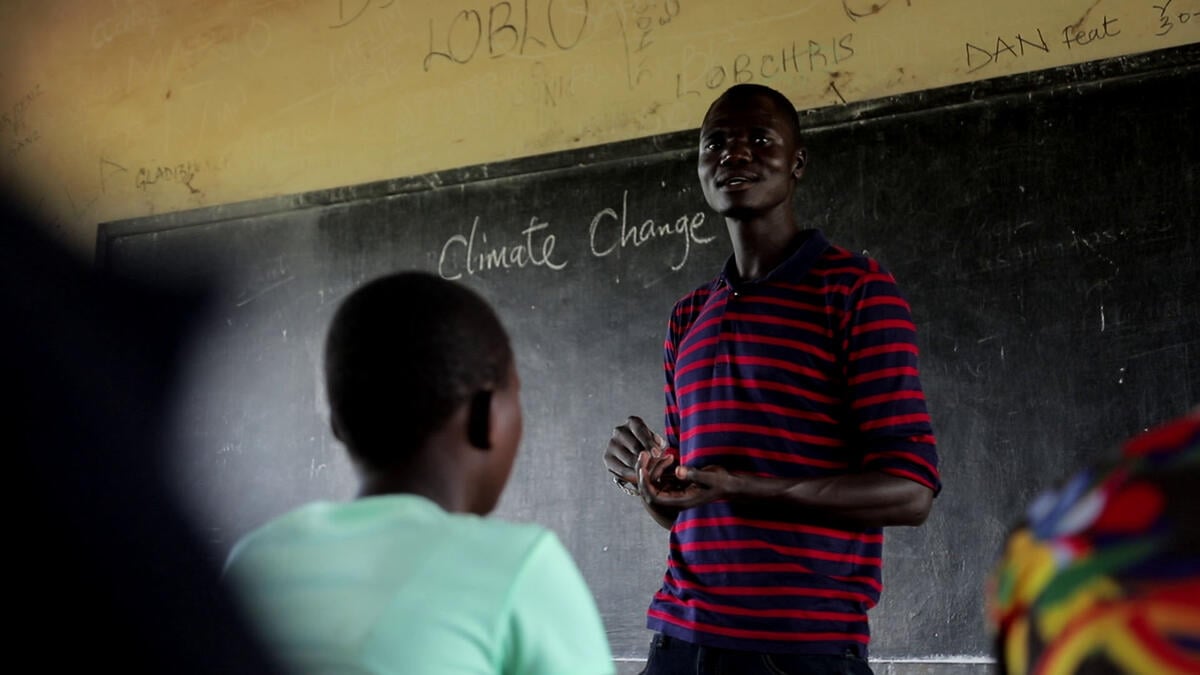Many Kenyan refugees in Uganda too scared to return
Many Kenyan refugees in Uganda too scared to return

MULANDA, Uganda, February 26 (UNHCR) - The security situation may have improved in areas of Kenya hit by post-election violence, but many of the thousands of refugees who fled to Uganda are still too scared to return.
An estimated 12,000 Kenyans crossed the border to escape inter-ethnic violence that flared in parts of Kenya after the December 27 elections. Most are living with locals in border areas, but around 1,980 have been moved to the UNHCR transit centre in Mulanda, some 35 kilometres inside Uganda.
While the influx of Kenyans has all but ended and there is some cross-border movement, many of the refugees - especially in Mulanda - say it is too dangerous to return. Some doubt they will ever go back to their former homes.
"Many refugees are traumatized," said Yumiko Takashima, head of a UNHCR emergency response team deployed in Uganda. "Most of them are educated and were running small businesses. With their houses burned down and their shops looted, they simply lost everything. More important, refugees feel they have been betrayed by their close neighbours."
"If I go back to my village, they will attack us again," said 24-year-old Janet, who fled when up to 50 neighbours came to her home in the Kenyan border village of Malaba armed with guns and machetes. "They said we belonged to the wrong tribe." Her mother, Doris, 52 was more blunt: "If we go back, we will be killed. There is nothing for us there."
Janet was nine months pregnant at this traumatic time in late December and gave birth to her second child, a daughter, after reaching safety in Uganda. Her husband Peter, a petrol pump attendant, disappeared in the turmoil and has not been seen since.
Crossing borders to find safety is not unusual in the region. Doris was born in Uganda but married a Kenyan. "In 1974, I fled my country because of the political problems [during the rule of Ugandan President Idi Amin] and went to Kenya, where my daughter Janet was born," she recalled. "And now look, my granddaughter is born in Uganda, my country."
After crossing the border, Janet and Doris eventually moved to the transit centre in Mulanda. The people who come here are not new arrivals from Kenya, but more often people who have been hosted by Ugandan families who can no longer afford to look after them. More than half of the families at Mulanda are headed by women.
UNHCR and other aid organizations distribute food and non-food items and provide the refugees with access to water and sanitation facilities. Education for children and basic health care are also available.
One specific need is counselling. The humanitarian organization World Vision is looking at the psycho-social needs of the refugees, while UNHCR has taken part in an assessment aimed at identifying and helping the most traumatized Kenyans in Mulanda.
The future, though, looks increasingly uncertain. "When the fighting stopped in late January, many said they were ready to go back to their villages," said Fatuma Akello, a UNHCR protection assistant. "Since then, many have changed their minds. Even if peace negotiations succeed and they go back to Kenya, they will not go to their villages, where the threat is still high."
UNHCR and the Ugandan authorities have been discussing what to do with refugees who do not want to go back, including offering them the possibility of moving to established camps elsewhere in the country. For the moment, the transit centre will continue to look after the needs of Kenyan refugees.
By Gilles van Moortel in Mulanda, Uganda









